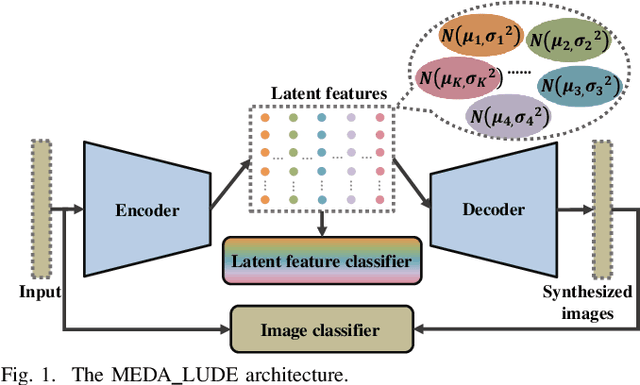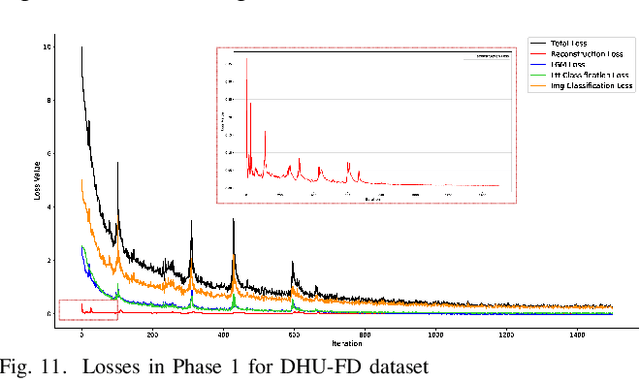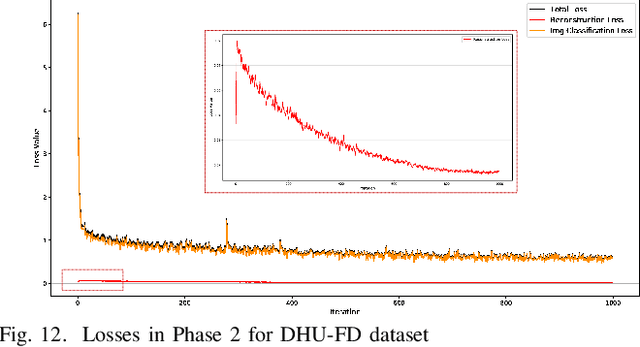Yudi Zhao
Distribution Learning Based on Evolutionary Algorithm Assisted Deep Neural Networks for Imbalanced Image Classification
Jul 26, 2022



Abstract:To address the trade-off problem of quality-diversity for the generated images in imbalanced classification tasks, we research on over-sampling based methods at the feature level instead of the data level and focus on searching the latent feature space for optimal distributions. On this basis, we propose an iMproved Estimation Distribution Algorithm based Latent featUre Distribution Evolution (MEDA_LUDE) algorithm, where a joint learning procedure is programmed to make the latent features both optimized and evolved by the deep neural networks and the evolutionary algorithm, respectively. We explore the effect of the Large-margin Gaussian Mixture (L-GM) loss function on distribution learning and design a specialized fitness function based on the similarities among samples to increase diversity. Extensive experiments on benchmark based imbalanced datasets validate the effectiveness of our proposed algorithm, which can generate images with both quality and diversity. Furthermore, the MEDA_LUDE algorithm is also applied to the industrial field and successfully alleviates the imbalanced issue in fabric defect classification.
Visual Sensation and Perception Computational Models for Deep Learning: State of the art, Challenges and Prospects
Sep 08, 2021



Abstract:Visual sensation and perception refers to the process of sensing, organizing, identifying, and interpreting visual information in environmental awareness and understanding. Computational models inspired by visual perception have the characteristics of complexity and diversity, as they come from many subjects such as cognition science, information science, and artificial intelligence. In this paper, visual perception computational models oriented deep learning are investigated from the biological visual mechanism and computational vision theory systematically. Then, some points of view about the prospects of the visual perception computational models are presented. Finally, this paper also summarizes the current challenges of visual perception and predicts its future development trends. Through this survey, it will provide a comprehensive reference for research in this direction.
 Add to Chrome
Add to Chrome Add to Firefox
Add to Firefox Add to Edge
Add to Edge